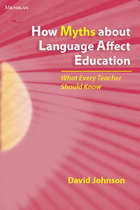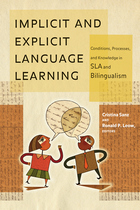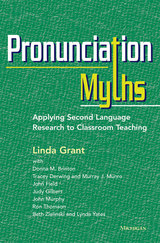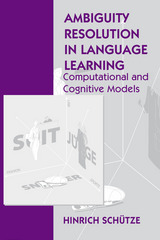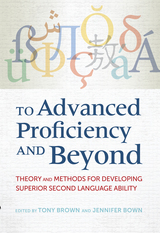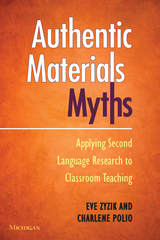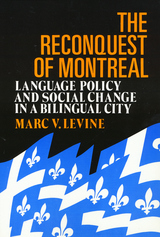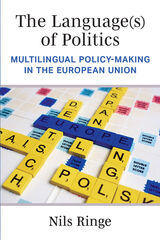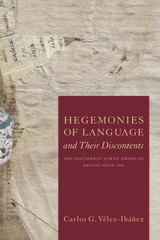Metalinguistic Development
University of Chicago Press, 1992
Cloth: 978-0-226-30208-9 | Paper: 978-0-226-30209-6
Library of Congress Classification P118.3.G6 1992
Dewey Decimal Classification 401.93
Cloth: 978-0-226-30208-9 | Paper: 978-0-226-30209-6
Library of Congress Classification P118.3.G6 1992
Dewey Decimal Classification 401.93
ABOUT THIS BOOK
ABOUT THIS BOOK
At a very early age, the child is able to use and understand
language correctly. Later comes the precocious ability to
“reflect” upon and deliberately control its use.
Metalinguistic development, or the emergence of a reflective
attitude to the comprehension and production of oral and
written language, must be distinguished from that of ordinary
verbal communication.
This is the first book to review and analyze what is
known about metacognitive processes in relation to language.
Each of its seven chapters deals systematically with the
relationship between the comprehension and production of the
phonetic, syntactic, semantic, pragmatic, and textual aspects
of language. This material is then related to the
metacognitive principles which govern reflective awareness.
A concluding chapter deals with written language and
metalinguistics.
Jean Émile Gombert's novel description of processes such
as the understanding of metaphor and humor in relation to
pragmatics and his suggestion that metalinguistic knowledge
is intimately connected with literacy contribute to a fuller
understanding of the stages of language acquisition and
mastery. With clarity and insight, Metalinguistic
Development reveals how the capacity for reflection gives
rise to emergent properties of the language system.
“A clear, critical, and interesting book about
an important topic which has not been reviewed properly
before. I particularly like the way that Jean Eacute;mile Gombert
combines a comprehensive account of American work with a very
impressive knowledge of European work.”—Peter Bryant,
University of Oxford
Jean Émile Gombert teaches genetic psychology at the
University of Dijon.
language correctly. Later comes the precocious ability to
“reflect” upon and deliberately control its use.
Metalinguistic development, or the emergence of a reflective
attitude to the comprehension and production of oral and
written language, must be distinguished from that of ordinary
verbal communication.
This is the first book to review and analyze what is
known about metacognitive processes in relation to language.
Each of its seven chapters deals systematically with the
relationship between the comprehension and production of the
phonetic, syntactic, semantic, pragmatic, and textual aspects
of language. This material is then related to the
metacognitive principles which govern reflective awareness.
A concluding chapter deals with written language and
metalinguistics.
Jean Émile Gombert's novel description of processes such
as the understanding of metaphor and humor in relation to
pragmatics and his suggestion that metalinguistic knowledge
is intimately connected with literacy contribute to a fuller
understanding of the stages of language acquisition and
mastery. With clarity and insight, Metalinguistic
Development reveals how the capacity for reflection gives
rise to emergent properties of the language system.
“A clear, critical, and interesting book about
an important topic which has not been reviewed properly
before. I particularly like the way that Jean Eacute;mile Gombert
combines a comprehensive account of American work with a very
impressive knowledge of European work.”—Peter Bryant,
University of Oxford
Jean Émile Gombert teaches genetic psychology at the
University of Dijon.
See other books on: Language acquisition | Language Arts & Disciplines | Language awareness in children | Linguistics | Metalanguage
See other titles from University of Chicago Press



